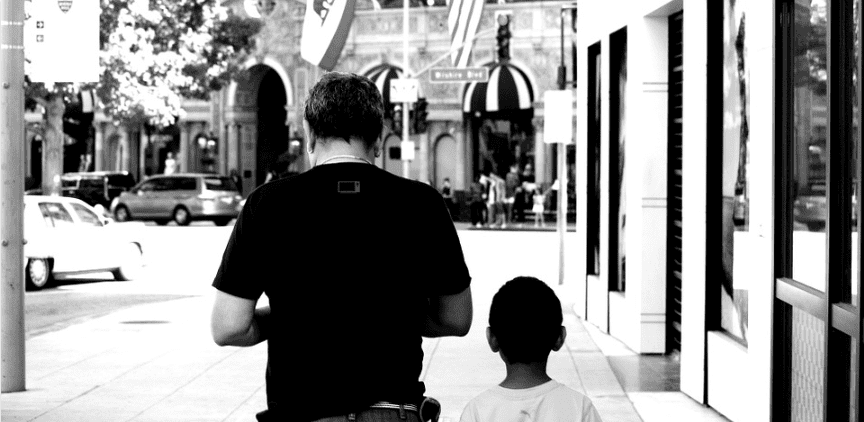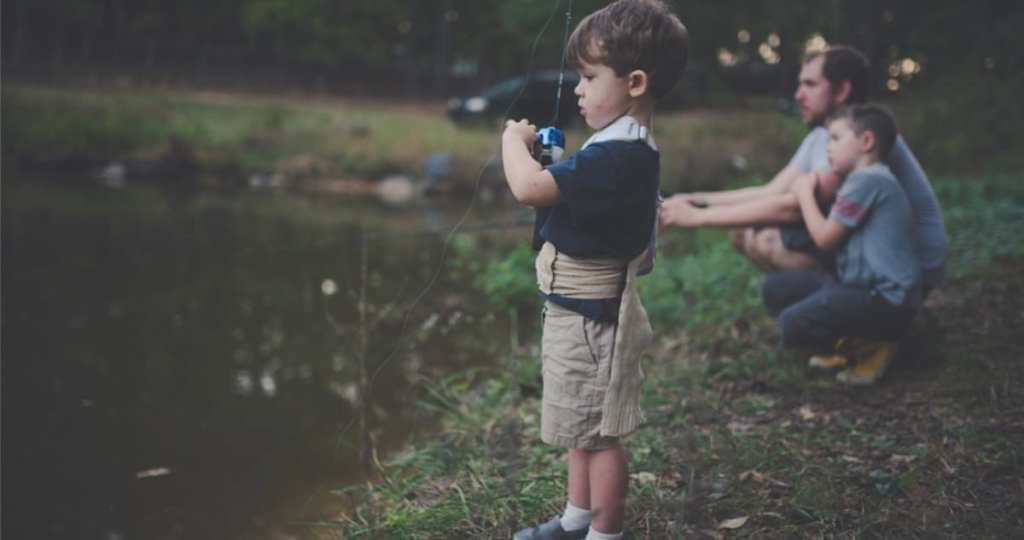There’s tons of science out there about parenting and its effects – good, bad, or indifferent – on the kids. And while dads today are infinitely more involved in the day-to-day muck in the trenches, it’s fair to say that moms are still doing most of the nitty-gritty work.
A recent publication, though, shows that not only are kids better off with super involved dads, but the dads are better for it, too.

Image Credit: Pixabay
University of Delaware professor Rob Palkovitz has studied father-child relationships across cultures, developmental stages, and life transitions, and says the ABC of Fatherhood model best explains how involved fathers can benefit from positive and consistent engagement with their children.
The three-point plan for long-term relationships and personal success suggests that these emotional investments literally always pay off in time.
A is for Affective Climate

Image Credit: Pixabay
This means promoting a sense of love and constancy, making the child feel as though dad not only cares for him, but will have his back no matter the circumstances. Being secure in a father’s love has been found to be the basis for a positive identity, as well as the courage to explore and learn new things.
For dad, learning to do this well improves a man’s cognitive skills, health, and capacity for empathy while building confidence, self-esteem, emotional regulation and expression. In short, it helps dads learn to control their anger, face their fears, and express those tricky tender emotions.
B is for Behavior

Image Credit: Pixabay
Dad going to games, helping with homework, playing with them in the yard has a positive impact on a child’s academic achievement, ability to make friends, and their decisions surrounding drugs, alcohol, and sex.
Doing these sorts of things with their kids gives men permissions to play, to re-experience childhood, and even to work through some issues they might have with their own upbringing.
C is for Connection

Image Credit: Pixabay
This is about how sensitive a father is to his children, which leaves him free to make use of teachable moments. Dads who are good at this are excellent at reading their kids’ moods, which makes it easier to guess when to push, when to back off, or when to simply sit beside them in silence.
Tuning in this way to their children makes men more empathetic, not only to the kids, but at work and in his friendship and romantic relationships, as well.
Not only that, it develops dad’s capacity for evaluation, planning, and decision-making, which are all things adults do every day.
Tuning-in changes men. A close father-child relationship means that a father will typically be more empathetic to the outlook of children, a skill that he can then apply elsewhere, such as at work, better understanding the diverse perspectives of colleagues.
What all of this means is that these relationships are not just about the kids, but proves that fatherhood can play a central role in the development of male adults. As these relations grow over time they lead to change, and immature newlyweds and newborns blossom into great parents and functional adults guiding independent young people toward adulthood.
Remember that parenting is a marathon, not a sprint. Give yourself the space and time to stumble, fall back, and persevere until both you and your kid find the kind of solid footing that will hopefully be the foundation for not only a lifelong parent-child relationship, but a friendship as well.
